Constructing a Building? Find Expert Concrete Contractors!
Strong & Durable Concrete Solutions for Building Construction
ConcreteMatch connects you with experienced concrete contractors specializing in various building projects. Get free quotes, compare expertise, and ensure a reliable foundation for your building.
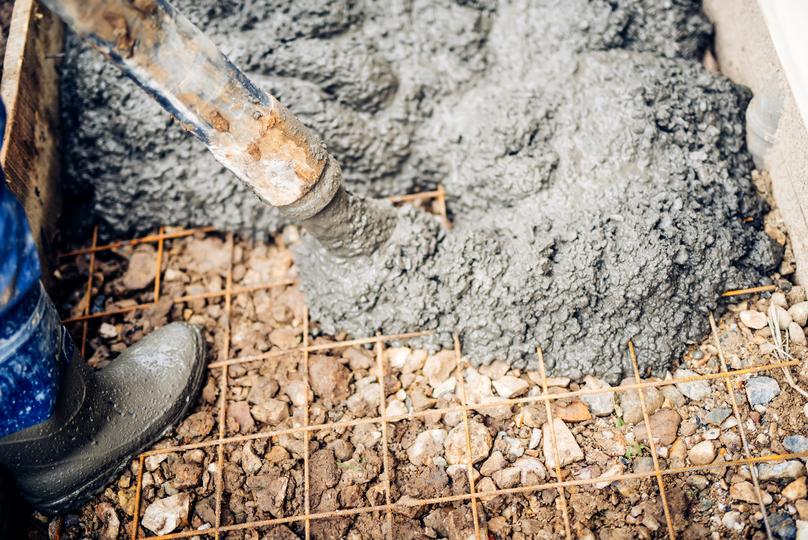
Explore Concrete Services for Foundations, Walls, & More
ConcreteMatch offers a wide range of concrete services tailored for various building components. Find specialists for your specific needs.
Specialized concrete solutions for commercial projects. Tailored to meet the unique requirements of large-scale construction.
Concrete solutions tailored for domestic construction projects. Ideal for residential buildings, driveways, and pathways.
High-quality ready mix concrete for all your construction needs. Delivered directly to your site for convenience and efficiency.
On-site concrete mixing and delivery services for construction projects. Reduces material waste and ensures optimal concrete quality.
On-site mixed volumetric concrete tailored to your specific requirements. Perfect for projects needing precise concrete quantities.
Efficient concrete pumping services to place concrete precisely where you need it. Ideal for hard-to-reach areas and large projects.
Advanced boom pumping services for placing concrete in hard-to-reach areas. Ideal for high-rise buildings and large-scale projects.
Efficient line pumping services for precise concrete placement. Perfect for small to medium-sized construction projects.
Professional screeding services for smooth, level floors. Suitable for both residential and commercial projects.
Concrete delivery and pouring services available outside regular business hours. Ideal for projects with strict timelines and schedules.
Durable and consistent ready mix mortar for masonry, rendering, and more. Delivered straight to your project location.
Affordable and reliable concrete pump hire services for projects of all sizes. Ensures efficient and precise concrete placement.
Affordable concrete mixer hire services for projects of all sizes. Reliable and well-maintained equipment delivered to your site.
Reliable suppliers of high-quality aggregates for construction projects. We offer a wide range of materials to meet your specific needs.
Specialized lightweight concrete ideal for projects requiring reduced structural load. Perfect for high-rise buildings and long-span bridges.
High-quality waterproof concrete designed to prevent water penetration. Ideal for basements, swimming pools, and water tanks.
No fines concrete ideal for lightweight and insulated concrete structures. Commonly used for walls and foundation backfills.
Manual barrowing services for transporting concrete and construction materials on-site. Ideal for projects with limited access.
Get multiple quotes from top-rated concrete suppliers near you. Compare quotes, save time, save money.
Durable and aesthetically pleasing concrete solutions for driveways. Customizable finishes to enhance curb appeal.
Strong and stable concrete bases for sheds. Ensures long-lasting and level foundation for your garden shed.
High-quality concrete for patio construction. Durable and customizable to match your outdoor living space.
Durable concrete solutions for sidewalk construction and repairs. Ensures safe and long-lasting walkways.
Reliable and strong concrete for building foundations. Ensures a stable and durable base for all types of structures.
Durable concrete for retaining wall construction. Provides strength and stability for various landscaping and structural needs.
High-strength concrete for garage floor construction. Ensures a durable and long-lasting surface that withstands heavy use.
Durable concrete solutions for basement construction. Ensures a strong and waterproof foundation for your home.
Custom concrete countertops for kitchens, bathrooms, and outdoor spaces. Durable, stylish, and easy to maintain.
High-quality concrete for floor construction. Ensures a durable and long-lasting surface for residential and commercial buildings.
Durable concrete for stair construction. Ensures safe and long-lasting stairs for residential and commercial buildings.
Find the Right Concrete Contractor for Your Building with ConcreteMatch
We simplify finding experienced building construction professionals:

- Tell Us About Your Building Project
- Provide details about your building project, including its size, type (residential, commercial, industrial), number of floors, and specific requirements, such as structural strength or fire resistance.
- We Find Matching Concrete Specialists
- We'll connect you with reputable concrete contractors in your area who have the expertise to handle your building project, from foundations to finishing work.
- Compare Quotes & Expertise
- Review quotes, compare contractor portfolios, experience, and specialized skills to choose the best fit for your project.
- Build Your Project with Confidence
- With a trusted concrete building contractor on board, you can ensure a strong, durable, and aesthetically pleasing structure.
Why Choose ConcreteMatch for Concrete Building Projects?
The smarter way to find Residential Building Concrete suppliers
ConcreteMatch is the best resource for finding qualified concrete contractors for buildings. Here's why: We take the stress out of finding the right concrete supplier. Here's how:

- Experienced Building Construction Professionals
- We partner with contractors specializing in various building types, from residential homes to high-rise commercial structures.
- High-Performance Concrete for Structural Integrity
- Our contractors utilize high-quality concrete mixes designed to meet the specific structural demands of buildings, including load-bearing capacity, durability, and fire resistance.
- Competitive Quotes & Transparent Pricing
- Get multiple quotes from building contractors and compare prices easily. We promote transparent pricing to help you make informed decisions.
- Save Time & Effort on Sourcing Contractors
- ConcreteMatch streamlines the process of finding the right contractor for your building project, saving you valuable time and effort on research and vetting.
- Expertise in All Phases of Construction
- We connect you with contractors who can handle all aspects of concrete work for buildings, from foundations and walls to floors and finishes.
- Free & Easy To Use
- ConcreteMatch is completely free for everyone. Find the right concrete contractor for your building project today!
Constructing an Office, Retail Space, or Warehouse?
Concrete for Commercial Buildings
Find expert contractors specializing in concrete construction for various commercial buildings, ensuring durable and compliant structures.
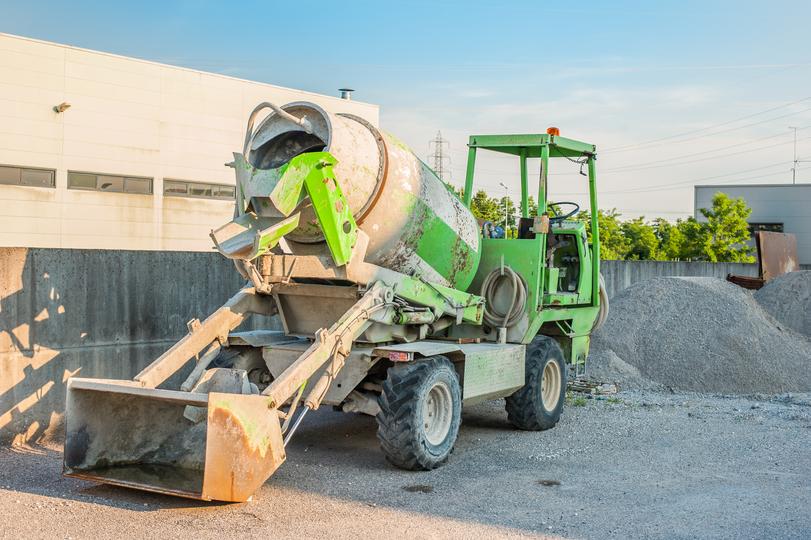
Specialized concrete solutions for commercial projects. Tailored to meet the unique requirements of large-scale construction.
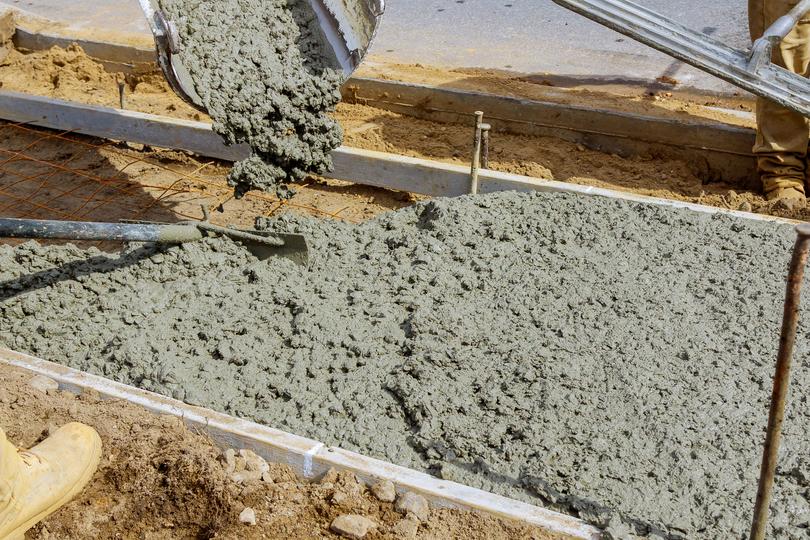
High-quality ready mix concrete for all your construction needs. Delivered directly to your site for convenience and efficiency.
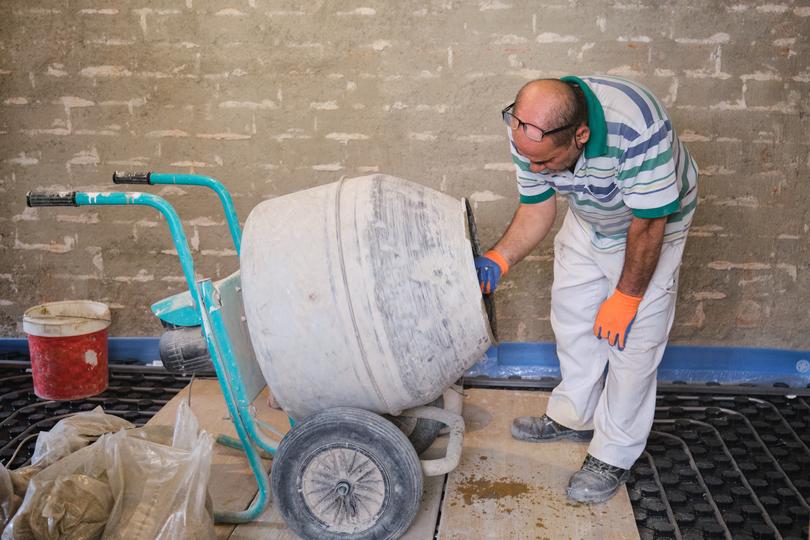
On-site concrete mixing and delivery services for construction projects. Reduces material waste and ensures optimal concrete quality.
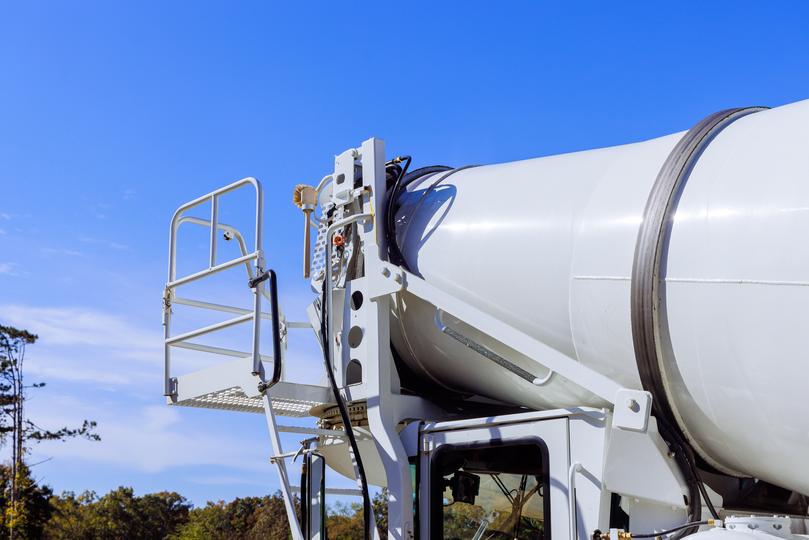
On-site mixed volumetric concrete tailored to your specific requirements. Perfect for projects needing precise concrete quantities.
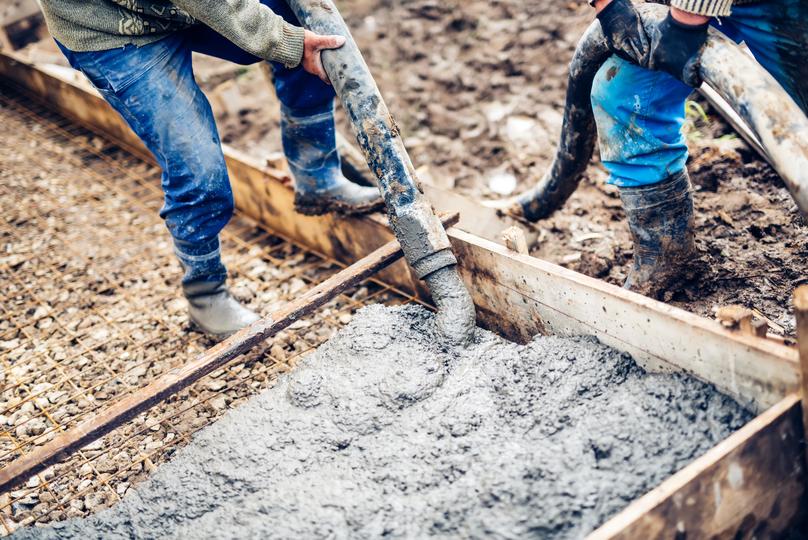
Efficient concrete pumping services to place concrete precisely where you need it. Ideal for hard-to-reach areas and large projects.
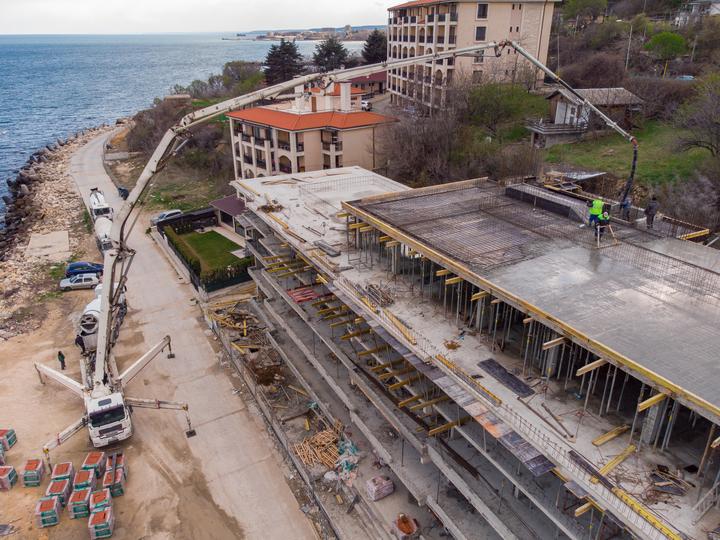
Advanced boom pumping services for placing concrete in hard-to-reach areas. Ideal for high-rise buildings and large-scale projects.
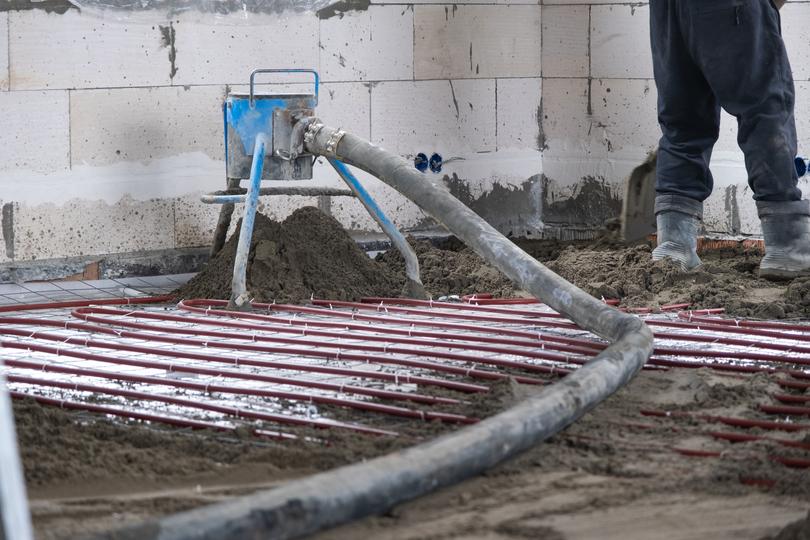
Efficient line pumping services for precise concrete placement. Perfect for small to medium-sized construction projects.
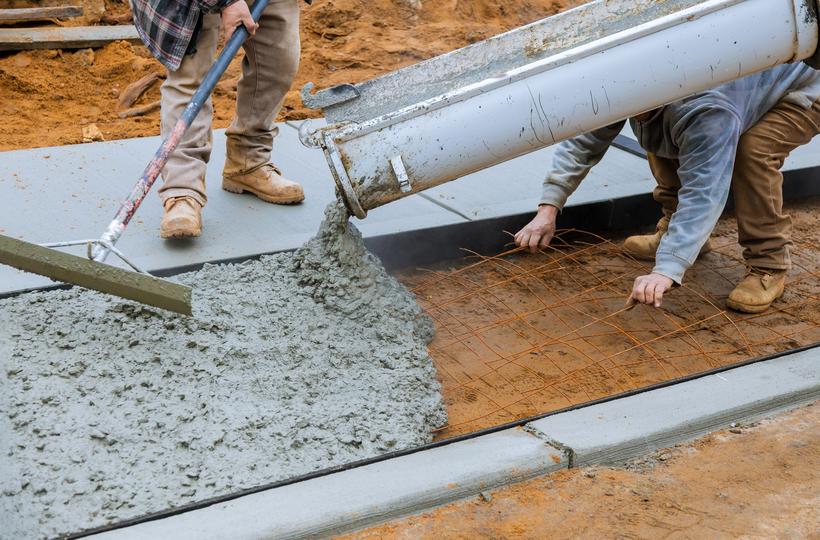
Concrete delivery and pouring services available outside regular business hours. Ideal for projects with strict timelines and schedules.
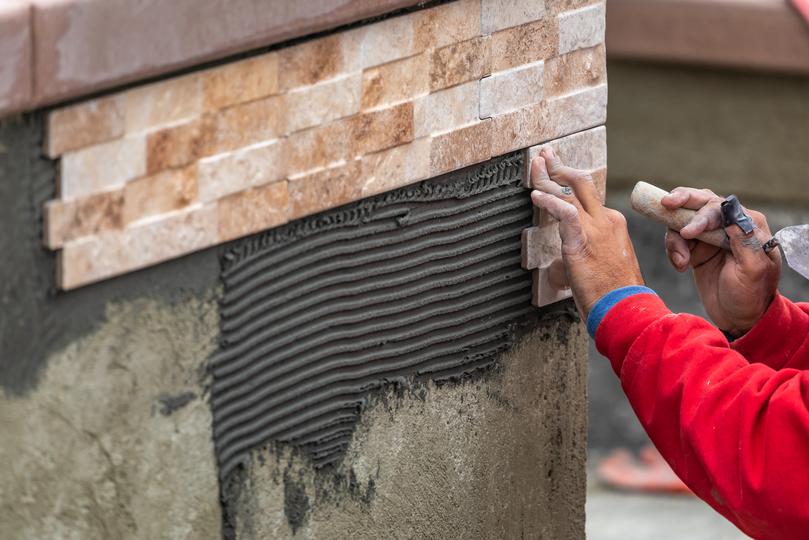
Durable and consistent ready mix mortar for masonry, rendering, and more. Delivered straight to your project location.

Affordable and reliable concrete pump hire services for projects of all sizes. Ensures efficient and precise concrete placement.
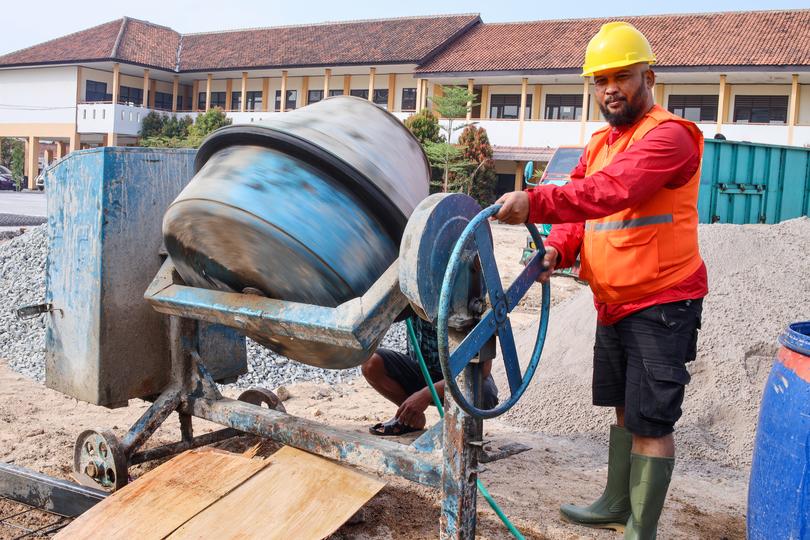
Affordable concrete mixer hire services for projects of all sizes. Reliable and well-maintained equipment delivered to your site.
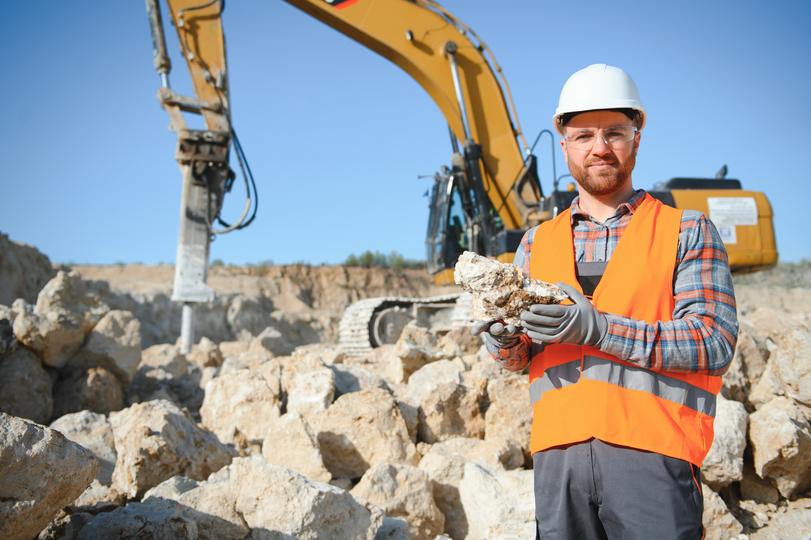
Reliable suppliers of high-quality aggregates for construction projects. We offer a wide range of materials to meet your specific needs.
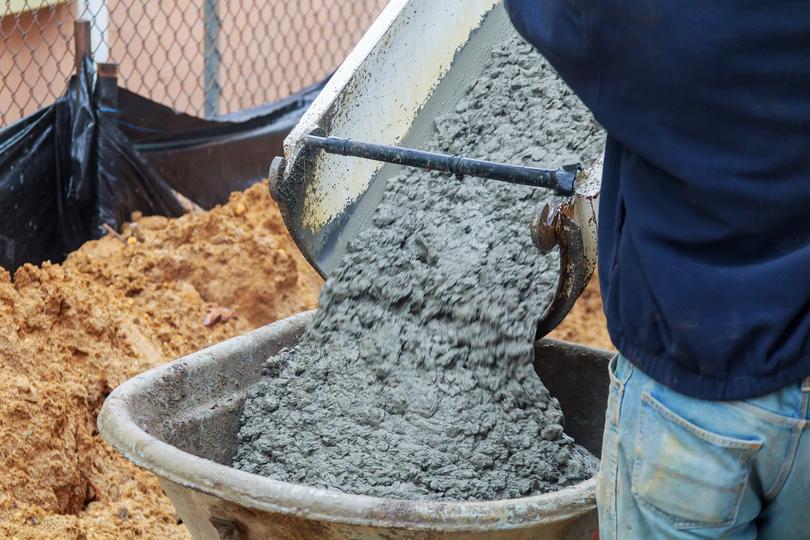
Get multiple quotes from top-rated concrete suppliers near you. Compare quotes, save time, save money.
Building Your Dream Home?
Concrete for Residential Buildings
ConcreteMatch connects you with contractors who can create a solid foundation and beautiful concrete elements for your new house, addition, or renovation.
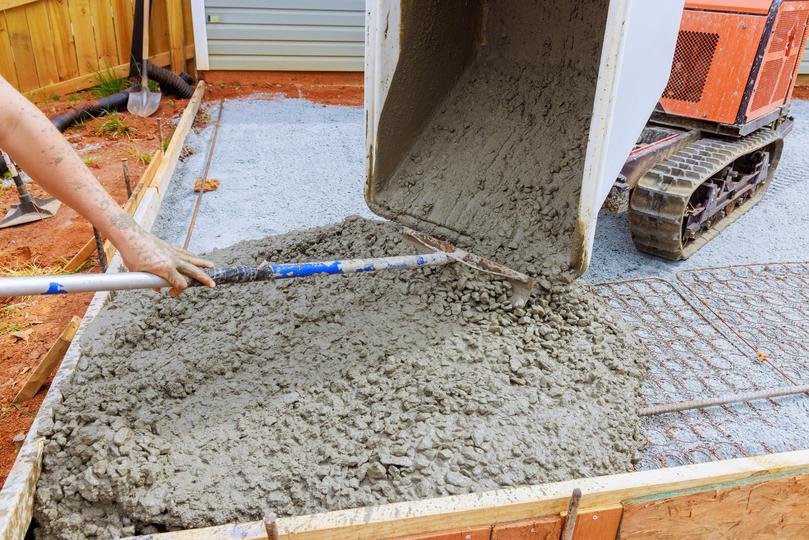
Concrete solutions tailored for domestic construction projects. Ideal for residential buildings, driveways, and pathways.

High-quality ready mix concrete for all your construction needs. Delivered directly to your site for convenience and efficiency.

On-site concrete mixing and delivery services for construction projects. Reduces material waste and ensures optimal concrete quality.

On-site mixed volumetric concrete tailored to your specific requirements. Perfect for projects needing precise concrete quantities.

Efficient concrete pumping services to place concrete precisely where you need it. Ideal for hard-to-reach areas and large projects.

Advanced boom pumping services for placing concrete in hard-to-reach areas. Ideal for high-rise buildings and large-scale projects.

Efficient line pumping services for precise concrete placement. Perfect for small to medium-sized construction projects.
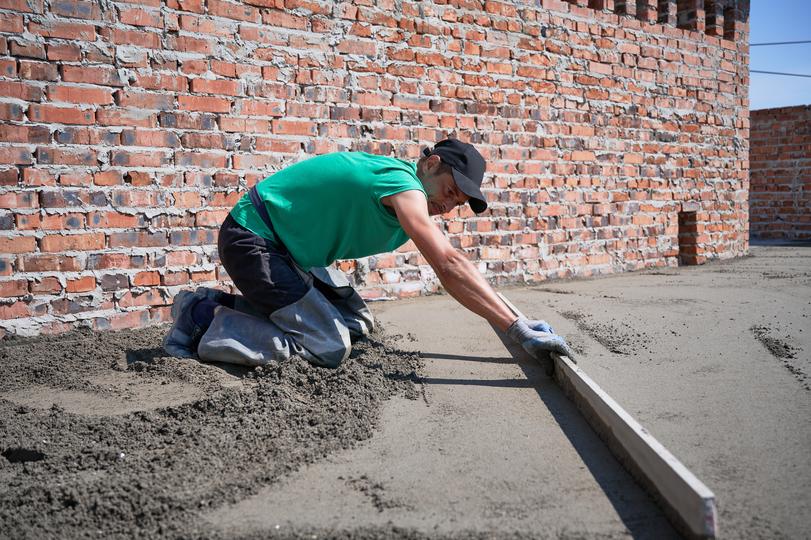
Professional screeding services for smooth, level floors. Suitable for both residential and commercial projects.

Concrete delivery and pouring services available outside regular business hours. Ideal for projects with strict timelines and schedules.

Durable and consistent ready mix mortar for masonry, rendering, and more. Delivered straight to your project location.

Affordable and reliable concrete pump hire services for projects of all sizes. Ensures efficient and precise concrete placement.

Affordable concrete mixer hire services for projects of all sizes. Reliable and well-maintained equipment delivered to your site.

Reliable suppliers of high-quality aggregates for construction projects. We offer a wide range of materials to meet your specific needs.
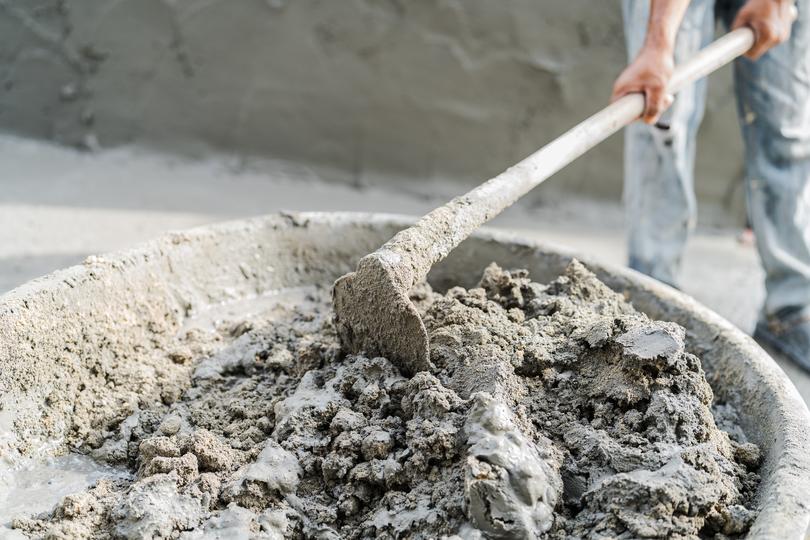
Manual barrowing services for transporting concrete and construction materials on-site. Ideal for projects with limited access.

Get multiple quotes from top-rated concrete suppliers near you. Compare quotes, save time, save money.
Ready to Start Building?
Find the Best Concrete Contractors for Buildings on ConcreteMatch!
Get free quotes, compare experienced contractors, and ensure a strong, durable structure for your project.